On March 8, 2024, during the second plenary session of the National People's Congress, Xi Jinping knocked on the table while addressing NPC Chairman Zhao Leji. (Photo by Kevin Frayer/Getty Images)
[People News] Recently, the Shanghai Cooperation Organisation (SCO) summit took place in Tianjin. Amidst rumours of Xi Jinping losing power, he has once again taken centre stage in official and military media, appearing in a grand manner. This has led observers who doubt Xi's diminished authority to find further evidence that he still wields significant power. But is the reality truly as it appears?
In my opinion, since news of Xi's serious illness surfaced after the Third Plenary Session of the Communist Party of China (CPC) last July, there have been numerous unusual occurrences in the official and military media, suggesting that Xi's power is indeed declining. During this time, the propaganda surrounding Xi has fluctuated, and in response to external doubts, the CPC has even revived certain expressions of loyalty to Xi to prevent potential unrest.
However, on the whole, the portrayal of Xi has been subdued and restricted, with occasional hints revealing his actual status. For instance, during Xi's recent visit to Tibet, he not only refrained from making a speech but also participated as a 'team member,' which serves as a typical example. Additionally, over the past year, Xi's close allies within the party, government, and military have either been arrested, investigated, or gone missing, or their influence has been diminished. If Xi truly held significant power, would such situations arise?
Even at the seemingly grand SCO summit, the CPC's official media subtly revealed details about Xi's power status.
On the evening of August 31, Xi Jinping and his wife Peng Liyuan hosted a banquet at the Tianjin Meijiang Convention and Exhibition Centre to welcome foreign leaders attending the 2025 SCO summit, where Xi delivered a speech. Notably, Xi can no longer represent 'himself' in his toast.
Xi Jinping stated: 'On behalf of the Chinese government and the Chinese people, I warmly welcome all guests to Tianjin.' At the Shanghai Cooperation Organisation (SCO) summit held in Qingdao in June 2018, Xi's toast was: 'On behalf of the Chinese government and the Chinese people, and in my personal capacity, I extend a warm welcome to the leaders of the member states of the Shanghai Cooperation Organisation and heads of international organisations attending the meeting in China!'
If Xi Jinping holds significant power and enjoys showcasing his authority, valuing his 'one supreme' status, would he remove the phrase 'in my personal capacity'? Most likely not, as including this phrase emphasises Xi's personal authority, while omitting it conveys a different meaning.
It is also noteworthy that not only did Xi's speech lack the phrase 'in my personal capacity,' but the significance of Xi's toast has also diminished. During the 2018 Qingdao SCO summit, Xi's toast was prominently featured on the front page of state and military media, with the second page dedicated to reports of Xi's meetings with other national leaders. However, at this year's Tianjin SCO summit, Xi's toast appeared on the third page, while the front and second pages primarily covered news of Xi's meetings with other national leaders. The difference in emphasis is quite apparent.
Furthermore, the coverage of the banquet, particularly the reports on cultural performances, has become more concise this year. In contrast, the reports from the Qingdao summit were more detailed, enhancing the image of those in power.
Another peculiar aspect is that state media reported the attendance of Cai Qi, Wang Yi, Chen Min'er, and Wang Xiaohong at the banquet, while in 2018, notable attendees included Ding Xuexiang, Yang Jiechi, Wang Yi, Zhao Kezhi, and He Lifeng. In this year's event, however, there was no equivalent figure to He Lifeng present. Currently serving as a Vice Premier, He Lifeng was the Director of the National Development and Reform Commission back then, while the current Director is Zheng Chajie. It raises the question: why did Zheng Chajie, a former Governor of Zhejiang Province and considered a close ally of Xi, not attend?
These details clearly indicate that Xi does not hold absolute power; otherwise, who in the CCP would dare to 'disregard' the party leader? It is evident that state media received directives from higher authorities, and senior officials are aware of the underlying circumstances, yet everyone must still perform their roles effectively. For CCP officials, who are well-versed in adopting multiple personas, acting is certainly second nature.
(First published by People News) △

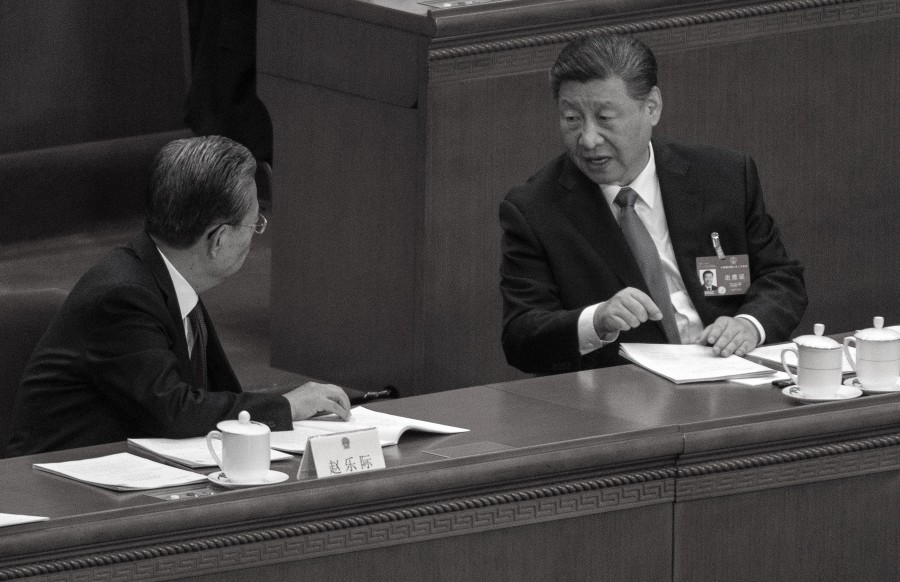
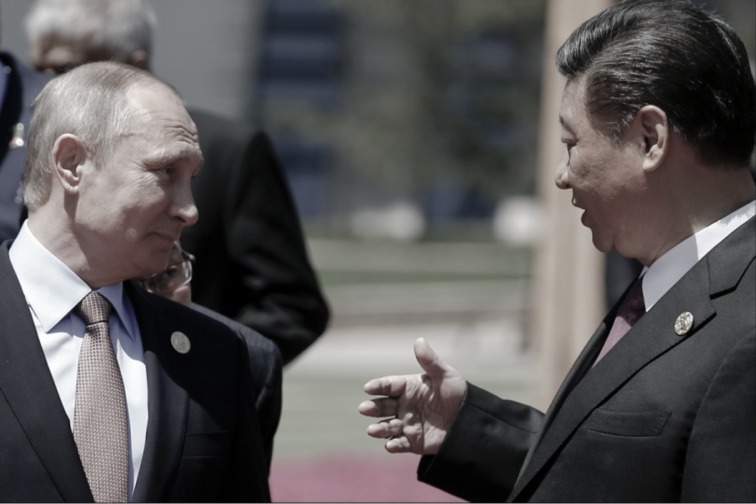
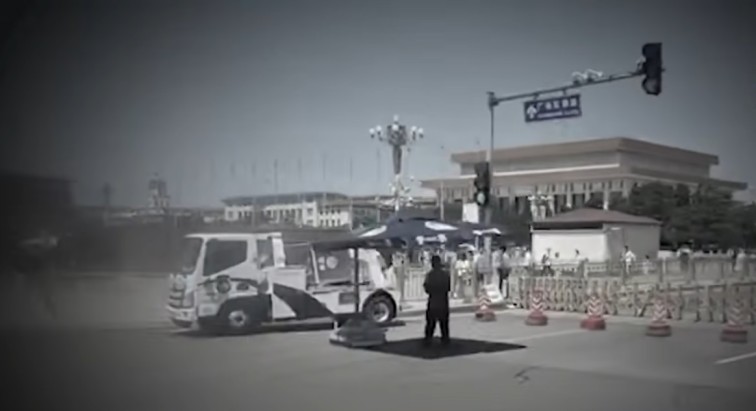

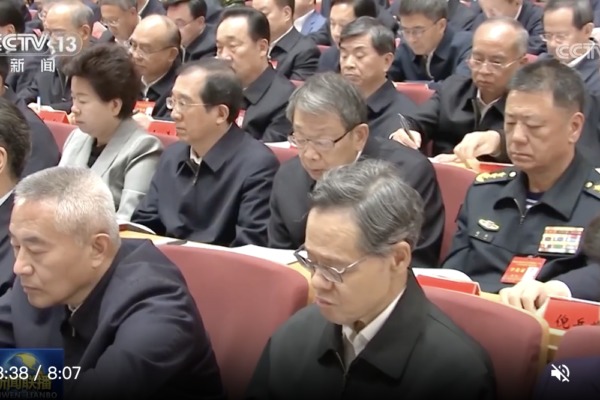

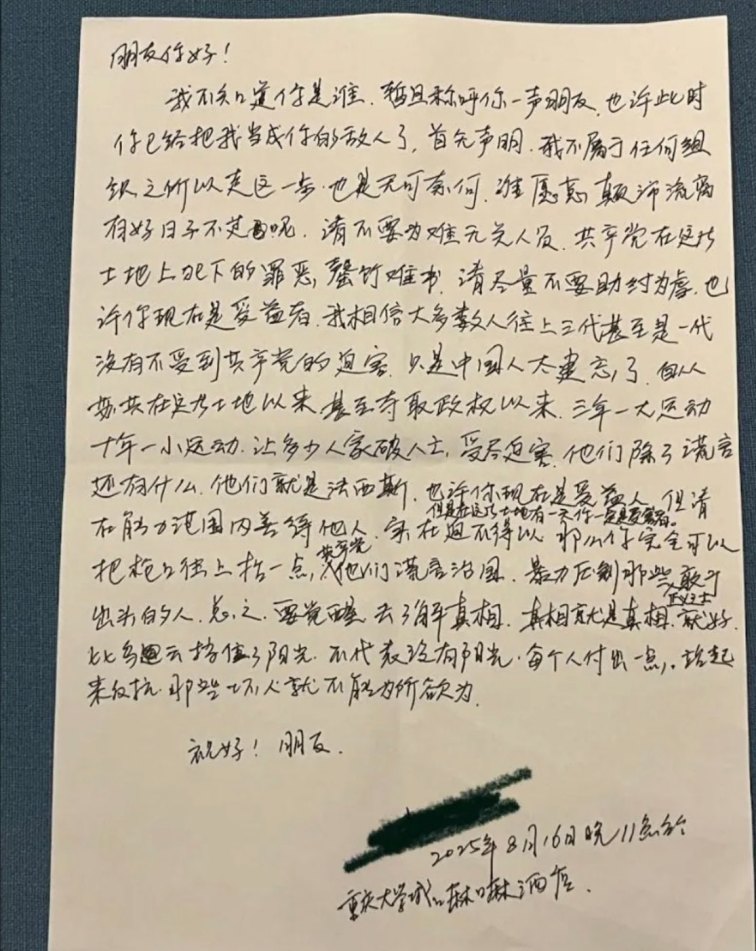

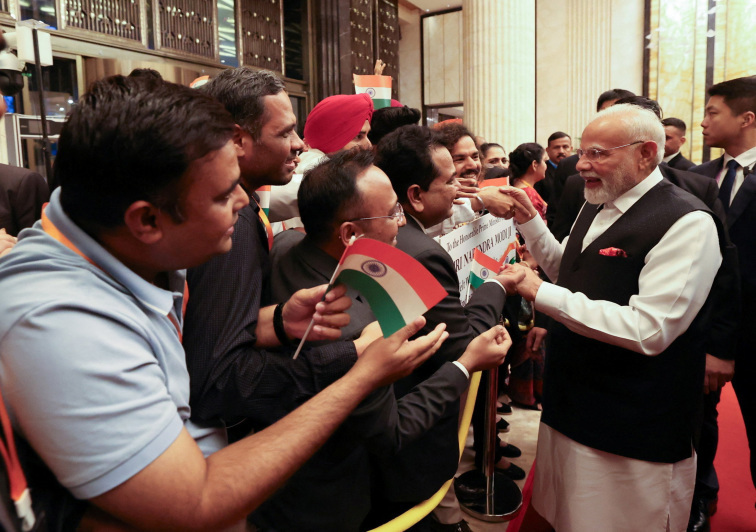

News magazine bootstrap themes!
I like this themes, fast loading and look profesional
Thank you Carlos!
You're welcome!
Please support me with give positive rating!
Yes Sure!